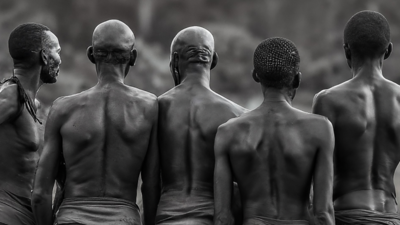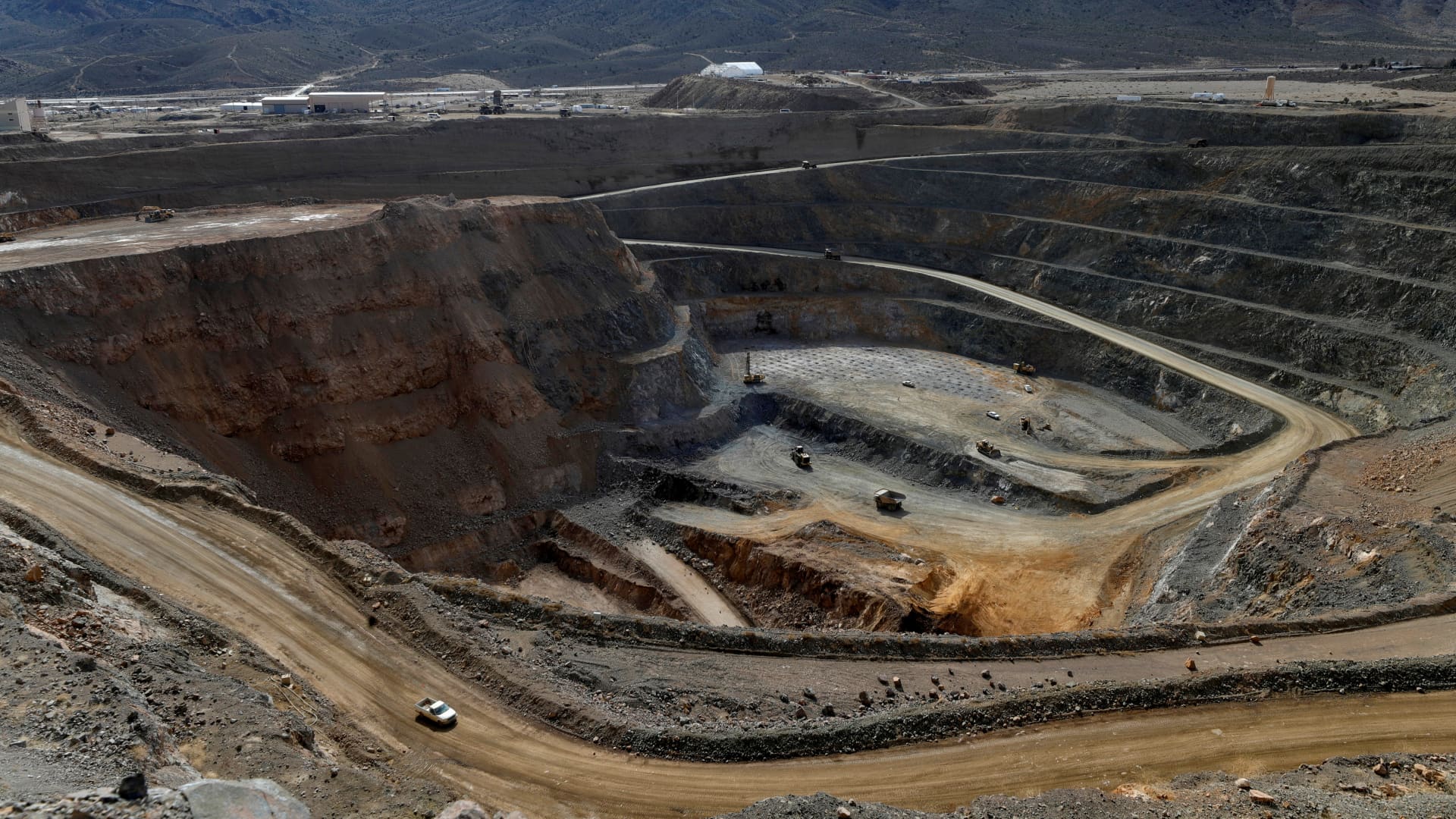
In June, the UN refugee agency (UNHCR) said a funding shortfall has compelled it to scale down its operations worldwide. The measure includes some 3,500 staff cuts.In Malawi, where the UNHCR has been active since 1994, refugee camp supervisors and security personnel have since been laid off and the agency is selling off its vehicles, equipment and other assets.The situation is dire at the country's largest camp for refugees and asylum seekers, Dzaleka. According to the UNHCR, several other NGOs involved in the overcrowded camp are also scaling down operations and halting community-based training and sensitization programs.
A bleak outlook for refugees in Malawi
Dzaleka houses mostly people from Africa's Great Lakes region and the Horn of Africa.Civil society groups and activists are concerned for their welfare of those at Dzaleka and asking how the women and children among them especially will access the basic services."I think it is very disturbing, especially where women are particularly disadvantaged and you look at the services that are supposed to be provided which fulfill human rights and issues of gender. You look at health care services for example, and the fact that there are job cuts," said Jessie Chingoma, a gender and labor activist. "It means now that the basic public services are not adequate, they have already been inadequate but now the situation becomes much worse.
"
Where will the refugees go?
"It was reported that the government has started communication with countries where refugees in Dzaleka are from to talk about possible repatriation," Innocent Magambi, a Lilongwe-based refugee rights advocate who was himself once housed at the camp, told DW. "The refugees are worried, because most of them fear they will lose the little security they have."The closure of Dzaleka without a sustainable alternative would be "a very big disaster," Undule Mwakasungula, a human rights activist, told DW.
It "could expose refugees to severe human rights violations which might include some refugees being forced to return to their countries," Mwakasungula added.As of March 31, UNHCR said, it had received only 12per cent of the $26 million (€22 million) required to adequately support refugees and asylum-seekers in Malawi this year, which hampers its operations.
Inside the Dzaleka camp
Dzaleka was built to accommodate 10,000 to 12,000 people.
By the end of 2024, it housed 56,779 refugees from the democratic republic of congo (DRC), Rwanda, Somalia, Burundi and Ethiopia.Conflicts and political unrest around Africa have driven many to Dzaleka since 1994. In February 2025 alone,thousands of Mozambicans sought refuge in Malawi. UNHCR data shows a monthly intake of nearly 300 people, with women and children making up 93per cent of the camp's population."Dzaleka refugee camp remains highly congested resulting in poor living conditions and poor infrastructure being constructed due to limited space and resources," a 2024 UNHCR factsheet on Malawi said.
Calls for broader support
NGOs like the Malawi Network Against Trafficking are calling on civil society and the private sector can help address the situaion."I think several players will have to come in, we have already seen or heard the government efforts, but the UN also should not abandon the whole situation," Chingoma told DW.It is also being suggested that the UNHCR and the Malawi government works closely on the voluntary repatriation program that was started in 2023.
So far, 310 refugees from Burundi and Somalia primarily have returned home under the initiative.But not everyone agrees with voluntary repatriation. "When you say there is a funding gap and then you say the solution is to close the refugee camp or to seek for repatriation, that is not the context of repatriation," Magambi told DW."Repatriation should be something that people voluntarily assess the situation back home and they decide to go.
It should not be caused by any other external situation like in this case, lack of funding and inability of government to care for refugees."Human rights advocates are meanwhile warning the government to avoid forced repatriations. DW reached out to the government through the office of Homeland security but received no response.
What do refugees think?
DW asked Innocent Magambi what he, as someone who was sheltered at Dzaleka, thinks is needed in the face of the UNHCR funding shortfall. "Planning for the future is to plan on how we reduce the burden of donor dependency among refugees who have been there for 31 years, some of them," Magambi said."We need to meet the donors, I believe that the fact that refugees in Dzaleka have been treated as emergency for over 30 years, does not give confidence to donors to continually give money that does not have an end plan."

 6 hours ago
56
6 hours ago
56




























 English (US)
English (US)